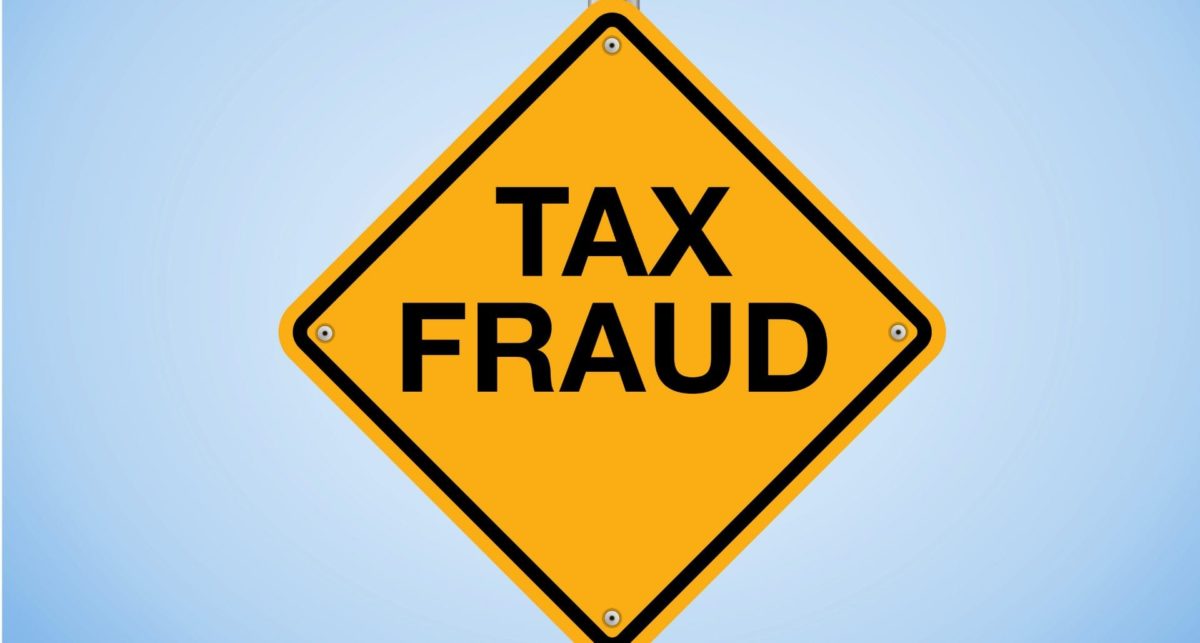May 2, 2013 | Tax Fraud

IRS Tax Fraud Alerts
Tax fraud is common, and not always the fault of the taxpayer. The IRS warns taxpayers of scams and fraud that they might unknowingly become a part of. Listed are some common tax fraud types that taxpayers should be knowledgeable about.
Tax Return Preparer Abuse
It is important for taxpayers to choose a tax preparer carefully, because even if someone else prepares the returns, the responsibility for accuracy is ultimately up to the taxpayer. There are tax return preparers who file false and or fraudulent tax returns by inflating expenses, using unallowable credits, or changing income so the taxpayer fraudulent obtains tax credits.
In many situations the taxpayer may not know that the preparer reported false numbers or manipulated numbers on the tax return. Unfortunately, when the IRS discovers a false return, the taxpayer is at fault. This means that the taxpayer must pay additional taxes, interest and any penalties.
Abusive Tax Schemes
Abusive tax schemes are complex. They originally were fraudulent trust arrangements, but have since developed into arrangement where taxpayers receive funds through credit cards or fake loans, often involving offshore banking, and fake corporations. This tax scheme is a money transaction that is done to avoid taxes where individuals will use multiple transactions to conceal how they received income and ensure that the income or asset is not taxed.
Non-filing
Some individuals within the United States believe that taxes are voluntary or illegal. Because of this belief, they do not file tax returns for years, and end up owing the IRS tax debts for the amount owed, as well as interest and penalties. Even if you believe that taxes are illegal, the US court system has systematically ruled against these arguments stating that they are without merit, and judges routinely impose monetary penalties on the individuals who raise these arguments. These individuals end up owing significantly more than if they just filed and paid their tax liability.
This is for both federal and state returns. In New York State, it is a felony to not file your tax returns for three consecutive years if a balance is owed. If you have not filed your income tax returns for multiple years, contact an experienced New York tax attorney.
Identity Theft Scams
With the switch to electronic filing, identity theft scams are becoming more common. The IRS is aware of the issue, and has warned of fraudulent use of the IRS name or logo by individuals who try to access taxpayers financial information as a means to steal identities and assets.
If you believe that you have unknowingly taken about in a tax fraud scam, you should contact the IRS immediately. The IRS website provides forms to report suspected activity (https://www.irs.gov/individuals/how-do-you-report-suspected-tax-fraud-activity), as well as updates the public on known tax scams. If you have any questions about tax fraud, contact an experienced attorney who can help you with the process.
Sources: http://www.irs.gov/uac/Tax-Fraud-Alerts and http://www.irs.gov/uac/Tax-Scams-Consumer-Alerts


 Timothy S Hart, the founding partner of the tax law firm of Timothy S. Hart Law Group, P.C. is both a New York Tax Lawyer & Certified Public Accountant. His area of expertise includes innovative solutions to solve your Internal Revenue Service and New York State tax problems, including tax settlements through the Federal and New York State offer in compromise programs, filing unfiled tax returns, voluntary disclosures, tax audits, and criminal investigations. [
Timothy S Hart, the founding partner of the tax law firm of Timothy S. Hart Law Group, P.C. is both a New York Tax Lawyer & Certified Public Accountant. His area of expertise includes innovative solutions to solve your Internal Revenue Service and New York State tax problems, including tax settlements through the Federal and New York State offer in compromise programs, filing unfiled tax returns, voluntary disclosures, tax audits, and criminal investigations. [